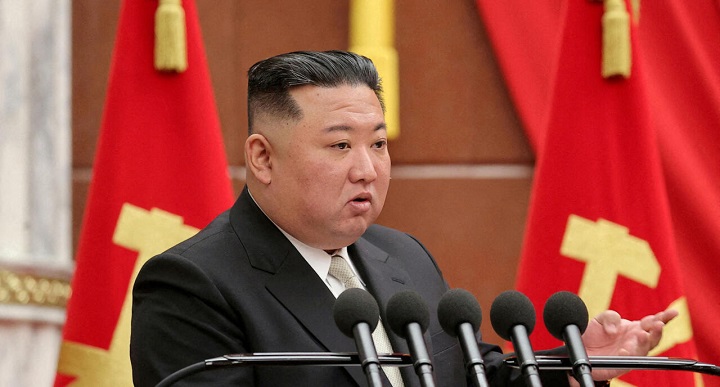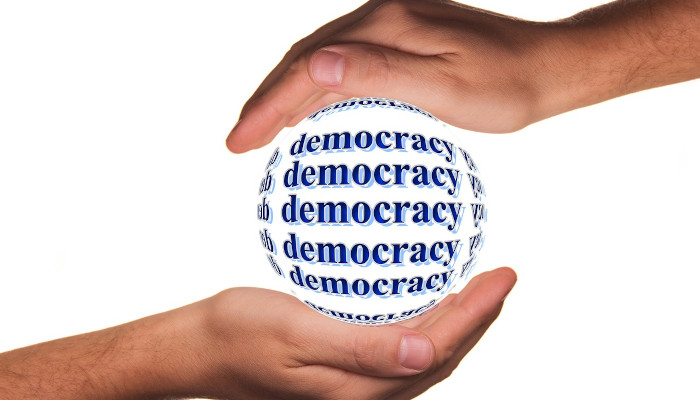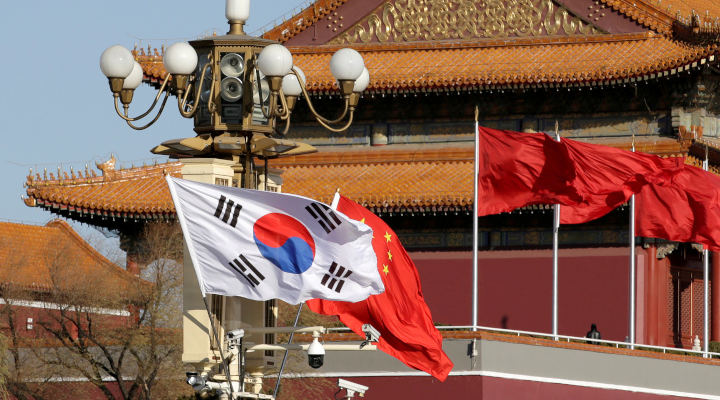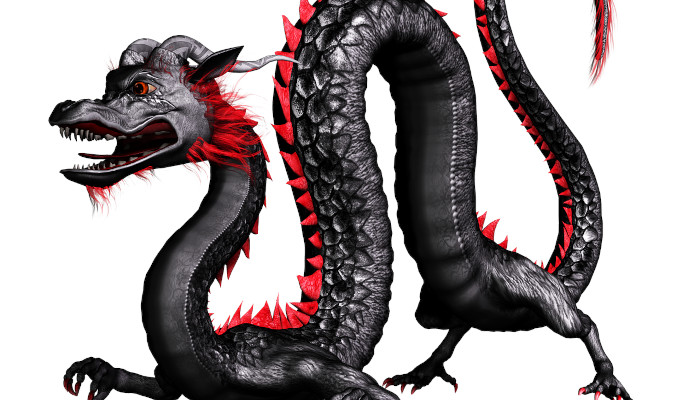
The extended Russian fighting in Ukraine is causing global geopolitical tremors across Eurasia. Seventy years ago, the war in Korea heightened tensions and the threat of war in Europe; now, the conflicts in Ukraine and Gaza are heightening worries and risks in Asia.
On Friday, North Korea fired over 200 rounds of artillery that fell within a maritime buffer zone. South Korea called the incident a “provocative act that threatens peace and heightens tension on the Korean Peninsula.”
The Ukrainian war has rekindled active collaboration between Russia and North Korean volatile and unpredictable leader Kim Jong-un.
On December 18, 2023, North Korea successfully tested its new Hwasong-18, an ICBM capable of targeting the entire United States, South Korea, and Japan. It was the third test with a record number of ballistic missile launches. The missiles will be coupled with three reconnaissance satellites that will be put into orbit in 2024.
North Korea has acquired the ability to miniaturize nuclear warheads to be placed on ICBMs. Then nobody knows for sure what will go on the tip of the next North Korean missile; will it be a test or something else? The new missile technology was assisted or provided by Russia in return for over 1,000 containers of military equipment and munitions delivered from Pyongyang. In other words, North Korea has become an essential part of Moscow’s war effort in Ukraine.
Besides, North Korea possibly provided Hamas with F-7 anti-armor rocket-propelled grenades, and it has a time-tested collaboration with Iran, Hamas’ supporter.
“On January 1, 2024, Kim and Chinese leader Xi Jinping exchanged New Year’s messages, both pledging to deepen ties in a ‘year of China – DPRK friendship.’ So, the axis of authoritarian states – Russia, China, North Korea, and Iran – is alive and active, displaying to the world that they are aligned against all liberal democracies that are sickened by and opposed to Russia’s invasion of a sovereign Ukraine and Hamas’s horrific October 7th terrorist attack on Israel… Kim also called on the military to accelerate war preparations due to the unprecedented anti-North Korea confrontation with the U.S. Kim declared that North Korea will no longer seek reconciliation and reunification with South Korea, claiming that inter-Korean relations had become ‘a relationship between two hostile countries and two belligerents at war,’ according to North Korea’s news agency KCNA,” [1] remarks Ambassador Joseph DeTrani, for many years U.S. chief negotiator with Pyongyang.
China is also crucial in the Russian war efforts. Since the Russian invasion of Ukraine, Beijing has increased exports of advanced machine tools to Russia tenfold, critical for the reindustrialization of its military complex. [2]
Still, in this context, North Korea, with its time-honed experience in extreme brinkmanship and extremely murky politics, is the wild variable.
The world was taken by surprise two times in two years, once with the Russian invasion of Ukraine and another time with the Hamas terrorist attack. Then nobody can underestimate the possibility that Kim will be true to his word and start a war this year.
From the outside, North Korea looks like a nutcase armed with nuclear weapons. Its constitution etches the Kim family’s “blood right” to rule the country. In 2020, Kim Jong-un disappeared for several weeks following swirling rumors of being in a coma, dead, or hit by a stroke. None of the rumors was ever cleared, but his younger sister, Kim Yo-jong, took the reins of government for some months.
Then, Kim Jong-un, possibly 40 this year, showed off in public his daughter Kim Ju-ae, ten, as his heir apparent! All while, his long-gone grandfather and father, Kim Il-song and Kim Jong-il, are still “eternal presidents” of the DPRK (Democratic People’s Republic of Korea).
Despite the communist paraphernalia, North Korea seems trapped in a time capsule clicking according to ancient North Asian shamanic rules, unfathomable to the outside world.
In 2006, in a Washington Post op-ed, former Secretary of Defense and Assistant Secretary of Defense William J. Perry and Ashton B. Carter warned against allowing North Korea to carry on with its missile tests. Since then, four American administrations have ignored the warning. North Korea’s refusal to rejoin disarmament talks and China’s reluctance to push Pyongyang in this direction make it very difficult to gauge the level of threat and thus lead to the worst assumptions. Are Russia or China pushing, playing North Korea in its game of brinkmanship to distract the U.S. from Ukraine or its friction with Beijing?
Russia’s efforts in Ukraine are stalling; clearly, it gained from the world distraction on Gaza since October 7, as equipment deliveries to Ukraine are slowing down. It is not impossible that Russian President Vladimir Putin could be trying more diversion actions as the Gaza conflict may be getting to a close in the next few months. North Korea, directly threatening two large economies like South Korea and Japan, could trigger global financial turmoil with an attack, further disrupting Western support for the Ukrainian war effort.
It then becomes crucial to see how China will play out in the following few months.
The San Francisco meeting last November signaled a political ceasefire with the U.S. Beijing had reassurances that the U.S. would not support a declaration of independence about Taiwan, the island de facto independent, de jure part of one China. At the end of the month, Taiwan will elect its next president, and the decisions of the next candidate are uncertain.
At the end of January, India will host a Quad summit, the defensive agreement between the U.S., Japan, India, and Australia ostensibly aimed at China. South Korea could soon join the agreement.
The U.S. in San Francisco was keen on not opening a third front with China, as it was already engaged in supporting Ukraine and Israel. Yet, the new tensions in the Korean peninsula could then throw the “ceasefire” away.
[1] https://www.washingtontimes.com/news/2024/jan/4/north-korean-existential-nuclear-threat/
[2] https://www.ft.com/content/d16c688d-9579-4f1d-a84f-ca29ca2f0bc0









